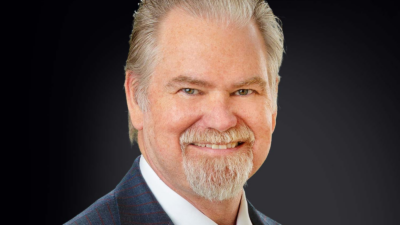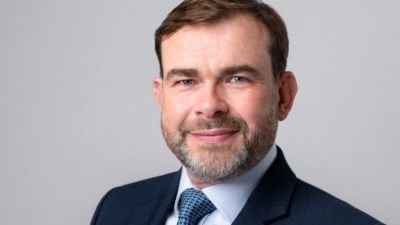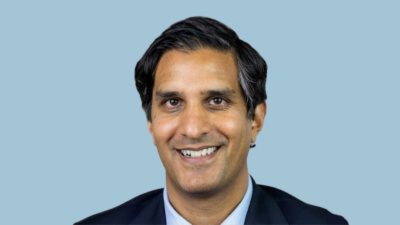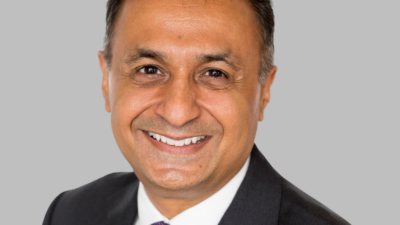-
Sort By
-
Newest
-
Newest
-
Oldest
Entrenched inflation will likely last longer and prove harder to stamp out than most investors acknowledge, according to a new analysis from quant shop Research Affiliates.
As the world’s top 100 asset managers grow to awesome size, they’re confronted by a “complex and uncertain” macro environment and need to prepare for the burgeoning systemic risks of climate change.
The war on ESG rages anew after a rollercoaster 2022, but its detractors won’t win the fight. And as ESG matures, the future of passive index-tracking strategies is shaky.
While inflation, rates and the US dollar are peaking, we’re not quite there yet. Dutch quant house Robeco is tipping better returns for investors in 2023 but only after markets tumble further over the coming months.
In his latest investment missive, Howard Marks pushes back on the controversy around private markets, saying valuations shouldn’t reflect the psychological swings that dominate public markets.
Sovereign wealth funds have hit pause on their internalisation programs as they discover that they aren’t naturals at private markets investing. And inflation and geopolitics are driving allocations to a broad range of alternative assets.
TCorp has seen “sound” performance across its diversified portfolios, but is gearing up for more volatility through 2023 and burnishing its sustainable credentials by reducing portfolio carbon intensity.
Institutional investors have singled-out a linchpin market liquidity crisis as the worst-case scenario in a new global survey conducted by US asset management firm, PGIM.
Private markets are still en vogue amongst institutional investors, even as recent market movements throw portfolios out of whack, according to the findings of bfinance’s biennial global asset owner survey.
Tidbits of good news will send equity markets soaring in the short-term. But the longer-dated fear is that central banks will be forced to respond to a financial accident without having dispatched the inflation genie.
Jerome Powell is bent on “driving the car into the ditch”. But if history is any indicator, widespread fears of low single digit returns for equities are overblown.
As the world threatens to plunge into recession, the distressed debt opportunity set is expanding. Even high-quality businesses are feeling the effects of inflation and rapid rate rises.
















